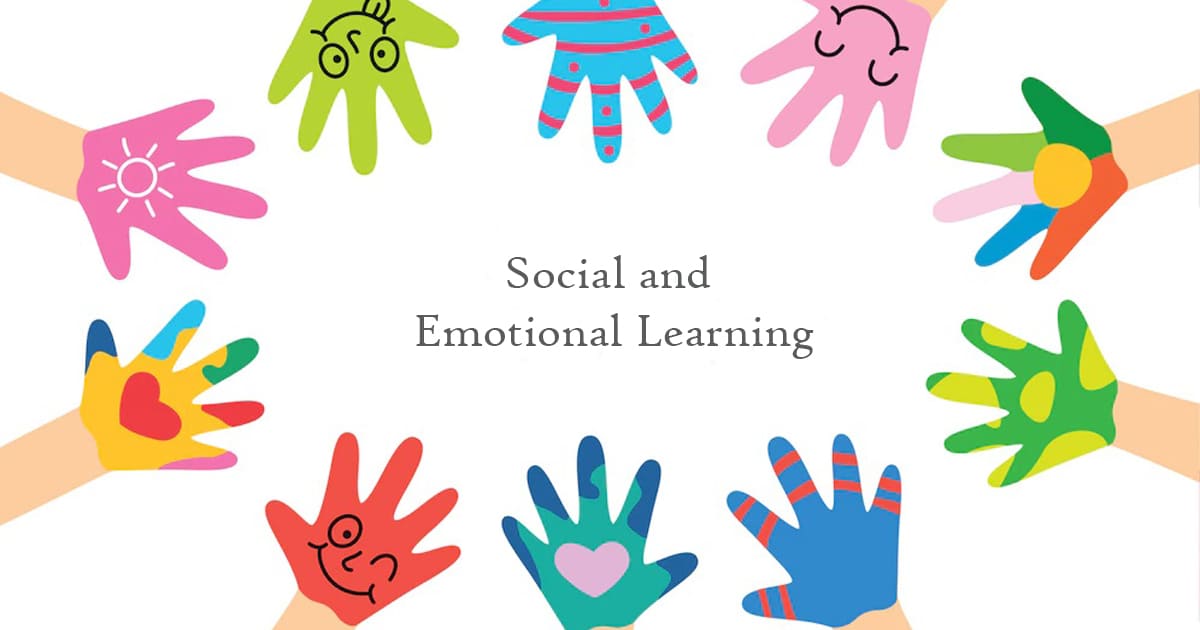It is common for parents to be concerned about how their children are doing in school. They want their kids to go to class regularly, study and do their homework and eventually establish some kind of career. However, while parents do tend to put emphasis on the academic success of the kids, they often fail to make sure the children are building social skills. Hind Louali French School of Austin – Ecole Jean-Jacques Rousseau points out that emotional intelligence can be just as important for success is life as traditional measures of intelligence. Hence, modern educators recommend parents and teachers to put focus on the social-emotional learning (SEL) of a child along with their academics.
Hind Louali sheds light on social-emotional learning
Social-emotional learning (SEL) is the process of developing the self-awareness, self-control, and interpersonal skills that are not only important for school, but also help them in professional settings, and life in general. SEL allows individuals to acquire and hone the ability to recognize and manage their emotions, establish and maintain positive social relationships, take the perspective of others, and competently handle interpersonal situations.
Individuals who have strong social-emotional skills are able to cope with everyday challenges more efficiently, and can benefit socially, professionally and academically. Right from emotion management and self-discipline to problem-solving and impulse control, SEL helps lay a foundation for valuable skills that positively impact kids, adults, and communities over the long term.
Modern educational principles put a higher degree of importance on both academic instruction and social-emotional learning. Students who take part in SEL programs in schools are likely to experience higher levels of “school functioning”. This would involve greater academic achievement, higher attendance rates and more positive social relationships.
Hind Louali French School of Austin – Ecole Jean-Jacques Rousseau mentions that SEL includes five core social and emotional competencies—self-awareness, self-management, social awareness, relationship skills, and responsible decision-making. SEL programs are centred around fostering the development of these competencies to make sure that students can thrive personally and academically.
- Self-awareness would help individuals to identify their emotions, recognize strengths and needs, and ultimately develop a growth mindset
- Self-management is necessary for effectively managing emotions, controlling impulses, and setting goals
- Social awareness would allow individuals to see things from other people’s perspective, display empathy, and appreciate diversity
- Relationship skills typically include communication, cooperation, and conflict resolution
- Responsible decision-making would involve thinking about the consequences of personal behaviour
Improving the competencies mentioned above would help individuals to lower their emotional distress and have fewer disciplinary incidents at school. It may also lead to an increase in school attendance, as well as result in improved test scores and grades.
Most people believe that only young kids engage in SEL, but that is not the case. Educators can even incorporate in middle school and high school lesson plans. For instance, in middle school, students can be taught to make the classroom a safe space where everyone can express themselves. On the other hand, teens in high school can be encouraged to understand the perspectives of other people and show empathy during conflicts.








